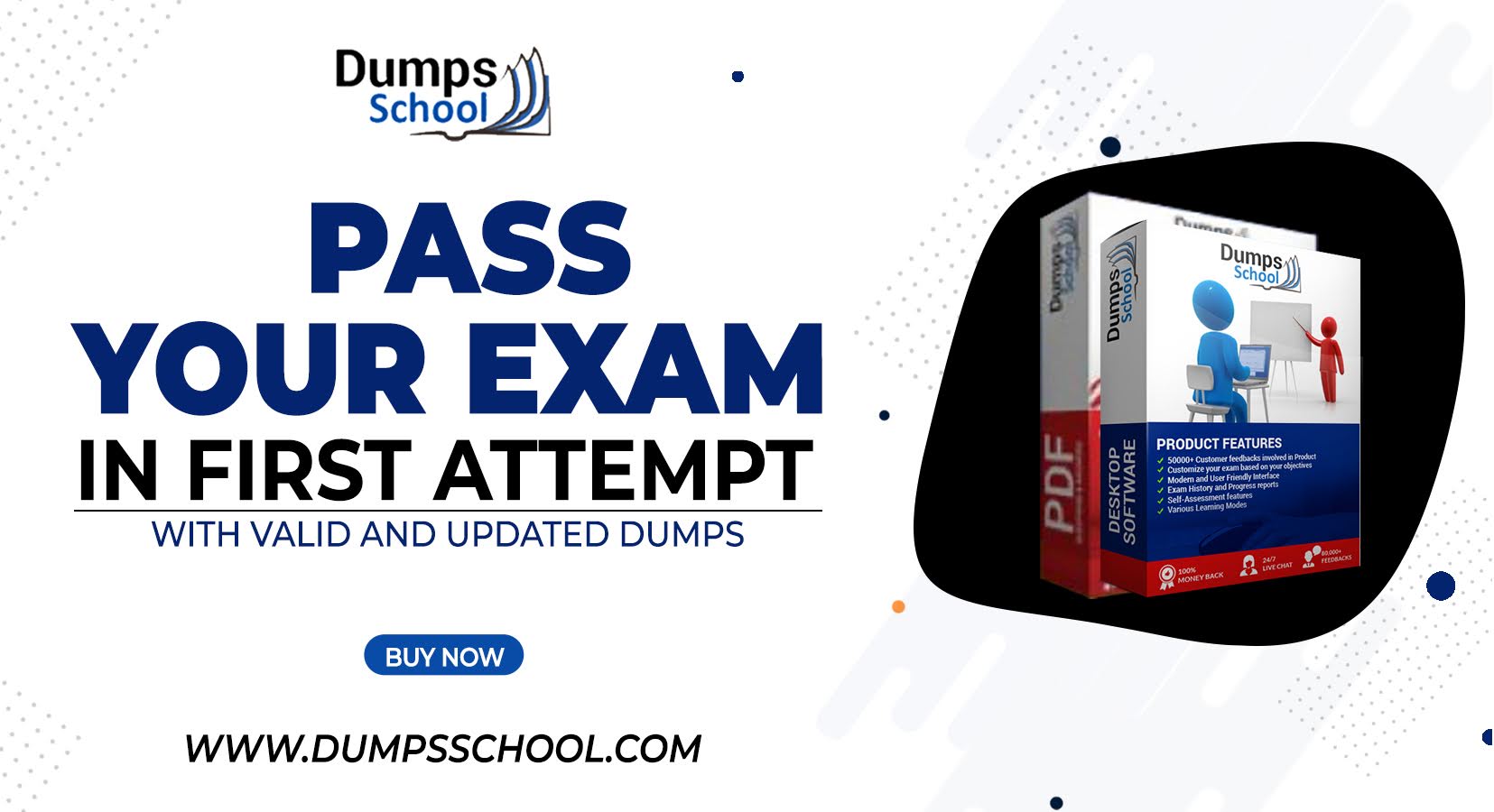
If you are going to follow CPA exam review courses, it is important you understand how you acquire your knowledge. The types of learners described below are general guidelines, it is possible that, depending on a particular situation, you belong to more than one category.
• The auditive
Do you follow your teacher's lecture without written material? Do you need to look at your teacher's eyes to know who you are listening to? When you read, do you easily pick up key phrases and discern vital information? Do you speak and argue? When you hear a song, do the words attract you there more than the music?
Example: you only need a verbal explanation to learn or work on a given topic, you do not need written instructions
When following your CPA exam review courses, you should:
• Sit near the teacher, especially if you're in a large room.
• Prepare in advance your material to avoid losing time which would reduce your concentration.
• Listen carefully and note only the main ideas.
• Ask the teacher to sum it up if you feel lost into too much detail.
• Take time to analyze the answers
• Beware, if you follow distance courses: When you watch a video, you may lose the thread if there's too much noise around you.
• The visual
Do you write a definition several times or work on several examples, to assimilate the material? If someone reads an article, do you have to read it yourself, to understand the main idea? Do you need eye contact to concentrate on what the teacher is saying? When you look at a picture or a photo, do details easily jump at you?
Example: When following your CPA exam review courses, you need documents, books, etc. to properly follow the material covered by the teacher.
Our advice to the visual learner is to:
• Adopt a systematic method of taking notes and divide the topic discussed into sections, sub-title, etc.
• Build a schematic representation to get an overall picture.
• During the course, be sensitive to the changes in the teacher's body language
• Ask for examples with clear pointers.
• Stick to the main idea and avoid going into too many details that would unnecessarily clutter your mind at the time of the study.
• Check the origin of the source information (course, presentation, summary thesis, etc..) in order to have benchmarks in your notes.
• Beware if you are taking distance courses: do not focus your attention on the image, as you may ignore the key content
• The pragmatic
Do you learn primarily trough your own experiences? If you interpret quickly what you read, are you having trouble understanding the essential point? Are you uncomfortable with subjective concepts? Are you creative? Do you consider yourself a restless person?
Example: If you always expect much more time than it takes to travel to an unknown destination, you are probably very pragmatic.
If you follow CPA exam review courses and you are a pragmatic type of learner, you should:
• Develop your own theory on the concepts noted down, as opposed to try to understand the examples provided by the teacher.
• Try to answer practical questions such as Where? When? How? and Why? This will help you better assimilate the material.
• Use your own system of abbreviations and symbols in a lecture to avoid losing essential information.
• Ask for examples that apply in a known environment.
• Your course notes are very important in the study process
• Distance learning is usually not suitable to pragmatics. Consult with a professor before following such a course.
• The investigator
Do you like reading? Do you draw charts or diagrams before explaining your theory? Do you tell anecdotes or stories? Do you feel the need to create them? Are you detailed oriented when performing a task and do you monitor your work?
Example: You absolutely need to look at a map before travelling to another area, to get familiar with the roads and find out if there are alternative roads or directions possible.
If you relate to the above, you are probably an investigator.
While following CPA exam review courses, the investigator should follow the following rules:
• Do not note down complex and cumbersome terminology, to avoid information overload.
• Write summaries instead of noting down the material verbatim.
• Pay attention to dates and the chronological order of facts and events.
• Develop your sense of observation and your visual memory.
• Beware, if you follow distance courses, you may find it difficult not to verbally share your knowledge and
questions. Compensate by speaking with members of your entourage.
The above will help you in enhancing your preparation to CPA exams. If you want to put all odds in your favor and follow CPA exam review
If you are going to follow CPA exam review courses, it is important you understand how you acquire your knowledge. The types of learners described below are general guidelines, it is possible that, depending on a particular situation, you belong to more than one category.
• The auditive
Do you follow your teacher's lecture without written material? Do you need to look at your teacher's eyes to know who you are listening to? When you read, do you easily pick up key phrases and discern vital information? Do you speak and argue? When you hear a song, do the words attract you there more than the music?
Example: you only need a verbal explanation to learn or work on a given topic, you do not need written instructions
When following your CPA exam review courses, you should:
• Sit near the teacher, especially if you're in a large room.
• Prepare in advance your material to avoid losing time which would reduce your concentration.
• Listen carefully and note only the main ideas.
• Ask the teacher to sum it up if you feel lost into too much detail.
• Take time to analyze the answers
• Beware, if you follow distance courses: When you watch a video, you may lose the thread if there's too much noise around you.
• The visual
Do you write a definition several times or work on several examples, to assimilate the material? If someone reads an article, do you have to read it yourself, to understand the main idea? Do you need eye contact to concentrate on what the teacher is saying? When you look at a picture or a photo, do details easily jump at you?
Example: When following your CPA exam review courses, you need documents, books, etc. to properly follow the material covered by the teacher.
Our advice to the visual learner is to:
• Adopt a systematic method of taking notes and divide the topic discussed into sections, sub-title, etc.
• Build a schematic representation to get an overall picture.
• During the course, be sensitive to the changes in the teacher's body language
• Ask for examples with clear pointers.
• Stick to the main idea and avoid going into too many details that would unnecessarily clutter your mind at the time of the study.
• Check the origin of the source information (course, presentation, summary thesis, etc..) in order to have benchmarks in your notes.
• Beware if you are taking distance courses: do not focus your attention on the image, as you may ignore the key content
• The pragmatic
Do you learn primarily trough your own experiences? If you interpret quickly what you read, are you having trouble understanding the essential point? Are you uncomfortable with subjective concepts? Are you creative? Do you consider yourself a restless person?
Example: If you always expect much more time than it takes to travel to an unknown destination, you are probably very pragmatic.
If you follow CPA exam review courses and you are a pragmatic type of learner, you should:
• Develop your own theory on the concepts noted down, as opposed to try to understand the examples provided by the teacher.
• Try to answer practical questions such as Where? When? How? and Why? This will help you better assimilate the material.
• Use your own system of abbreviations and symbols in a lecture to avoid losing essential information.
• Ask for examples that apply in a known environment.
• Your course notes are very important in the study process
• Distance learning is usually not suitable to pragmatics. Consult with a professor before following such a course.
• The investigator
Do you like reading? Do you draw charts or diagrams before explaining your theory? Do you tell anecdotes or stories? Do you feel the need to create them? Are you detailed oriented when performing a task and do you monitor your work?
Example: You absolutely need to look at a map before travelling to another area, to get familiar with the roads and find out if there are alternative roads or directions possible.
If you relate to the above, you are probably an investigator.
While following CPA exam review courses, the investigator should follow the following rules:
• Do not note down complex and cumbersome terminology, to avoid information overload.
• Write summaries instead of noting down the material verbatim.
• Pay attention to dates and the chronological order of facts and events.
• Develop your sense of observation and your visual memory.
• Beware, if you follow distance courses, you may find it difficult not to verbally share your knowledge and
questions. Compensate by spea

- 010-111 Exam, 010-111 questions, 010-111 practice test, 010-111 practice exam, 010-111 dumps, 010-111 Exam Dumps, 010-111 exam questions,

- Best IT Services Companies - Reviews 2021 List of the Best IT Services And Consulting Companies Top IT Services & Consulting Companies Top IT Services

- If youre dreading taking your C2090-101 exam or your IBM Big Data Engineer exam, youre not alone. High Success Rate - C2090-101 Training

- Pass4itsure ensures that you are on the right path with the help of 500-560 exam dumps and Cisco certification exam preparation materials.